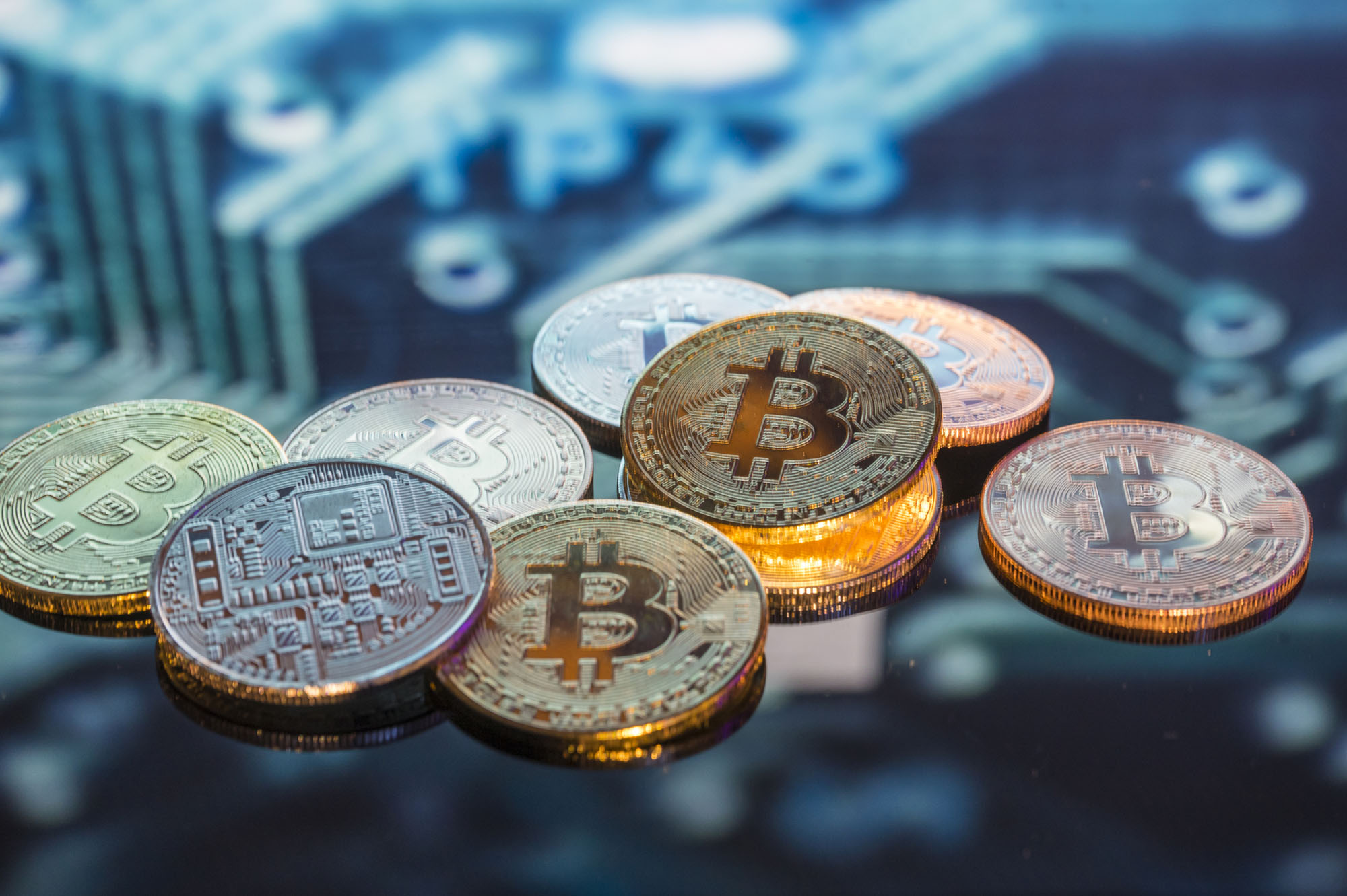Cryptocurrencies are very popular not only among people interested in the world of finance. Large increases in their prices, but also high inflation or massive money printing have also made those with little or no investment experience interested in the cryptocurrency market.
Introduction to cryptocurrencies for beginners
In this article, we suggest what you need to know before buying bitcoins or other cryptocurrencies for the first time. In addition, you will find answers to the most common questions of novice cryptocurrency investors. By reading the text, you will find it easier to find yourself in this specific market and find out whether it is worth investing your money in it at all.
Due to the extensiveness and complexity of the topic, the issues discussed in this study have been discussed in a nutshell. However, there are links to our other articles in which we have thoroughly explained the various aspects related to investing in cryptocurrencies. In addition, you will find my interview for Radio Strefa FM, in which I talked about the reasons for the long-term bull market on bitcoin and the high volatility of digital currency prices.
Why has investing in cryptocurrencies become so popular?
A novice cryptoinvestor should know the reasons for the growing popularity of cryptocurrencies, also known as virtual (digital) currencies (assets). This is important, because as it is quite complicated and one of the youngest forms of investment available around the world, they are still burdened with many understatements. Another thing is that by understanding what is behind the success of cryptocurrencies, it is easier to assess their potential to generate profits in the future.
To understand the phenomenon of cryptocurrencies, it is enough to analyze the fate of the oldest and most important of them. Bitcoin, because we are talking about it, cost fractions of a cent back in 2009, while at the peak of the bull market in 2017 its price reached 20,000 US dollars, and in November 2021 as much as 69,000 dollars. However, just a year later, 1 BTC (such a symbol is used to designate bitcoin) cost “only” $17,000, which shows that cryptocurrency trading brings with it the chance to make a large and quick profit, but also a high investment risk.
Cryptocurrencies also attract:
- revolutionary blockchain technology,
- partially or fully anonymous transactions,
- easy availability for investors from virtually all over the world,
- strong short-term price fluctuations, which traders are eager to take advantage of.
Regardless of the reasons for which you would like to start investing in cryptocurrencies, you need to get to know their market and specifics well. You should also understand where the strong increases in their value come from and why they are characterized by huge price volatility – you will hear about it in the interview below.
Specifics of the cryptocurrency market
To grasp the essence of cryptocurrencies, it is worth first familiarizing yourself with the specifics of bitcoin. Let’s make it clear, then, that it is a decentralized digital currency, created to enable cheap, fast, convenient and maximally secure payments that do not require the participation of banks or other intermediaries.
Bitcoin remains outside the control of governments and central banks, and at the same time has a predetermined limited supply, which amounts to 21 million units and cannot be changed in any way. The mining of more bitcoins continues, although it is worth noting that over 19.5 million of them have already been put into circulation.
This limited amount, but also large price fluctuations and growing popularity, which in a way contributed to the decline in the efficiency of the bitcoin network and the increase in transaction fees, have shaped the way the cryptocurrency is perceived. Today, for most people, it is not a currency or a means of payment, but an ordinary financial instrument that can be an interesting alternative to investing in shares or raw materials.
The general picture of the cryptocurrency market
The advent of bitcoin and its associated blockchain technology has ushered in the creation of more cryptocurrencies (we call them altcoins or alternative cryptocurrencies). Some were supposed to be an improved version of it and used for instant payments, but over time, the market was dominated by digital assets with other properties and applications.
Some cryptocurrencies allow you to build decentralized applications and services, some allow you to raise funds for various projects, others are backed by real commodities (e.g., gold or dollars) and are designed to mimic changes in their prices. There are also those that are created as a joke (these are the so-called memcoins). It is worth adding that there are already several thousand cryptocurrencies, so it is necessarily a highly diversified and extensive market.
At the same time, this market remains very young, which has many important consequences (you could hear about some of them in the aforementioned interview). These include, m.in, the fact that it is still difficult to determine which specific crypto projects will play an important role in the future – let us emphasize that it is likely that most of them will not play any role and will be forgotten over time.
Cryptocurrency investment and trading in other financial instruments
The design and functional differences between individual cryptocurrencies can be really significant (more about this in the article Types of cryptocurrencies – what are they and what do you need to know about them?), but it will be difficult for you to understand them at the first contact with the topic. To begin with, however, you should remember that all virtual assets have a price and are listed on special exchanges, so from the perspective of an average investor, they are ordinary financial instruments.
Investing in cryptocurrencies in many ways resembles trading stocks, traditional currencies or raw materials. Its essence in most cases is to buy a given instrument as cheaply as possible and sell it highly. However, it is worth noting that some digital assets allow you to earn additional income on the so-called staking (interest for storing them in a specific place) or mining (mining new cryptocurrency units).


